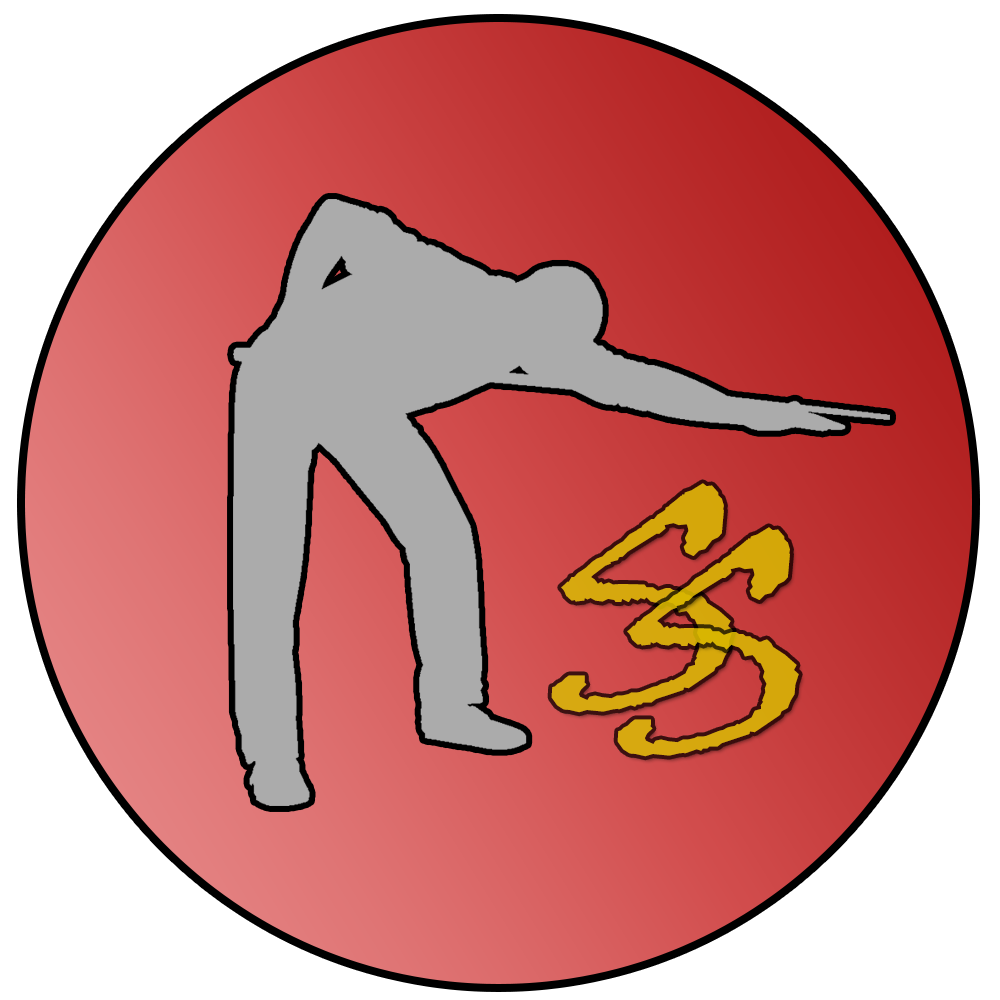Decelerating is a term you hear often used by the commentary box, mainly when a player misses a shot in a particular way. It can be a bit of a struggle to get one’s head around but I’m hoping to clear up the confusion about what decelerating is and how it applies in the context of a snooker shot. Believe it or not, it’s actually not that complicated to understand.
In the simplest terms, decelerating is when a player is delivering a shot, they ever so slightly slow down their stroke right as they’re about to make impact with the cue ball. So instead of delivering the stroke in a consistent start-to-finish speed, there’s a subtle drop in cue speed towards the end of the stroke, thus causing deceleration. It’s a very slight/difficult thing to notice which is probably why you only really hear Stephen Hendry calling it out on commentary when this event does happen.
What causes deceleration? It can be any number of factors, internal or external. Externally, there could be a twitch in a players arm as they’re playing the shot, an extra bit of tension in the arm or grip, all of which could affect delivery on the shot. Internally, which I feel is most common is when a player has second thoughts on their shot in the middle of playing it, causing them to not fully commit during shot delivery, also causing deceleration and affecting the outcome of the shot.
How does deceleration affect the pot? Snooker is a game of fractions as John Virgo so frequently says, and this applies to how a player delivers a shot. A slight change in speed upon impact with the cue ball will affect the amount of spin imparted on the cue ball and change the outcome of the pot from what the player originally intended, hence the object ball going offline and missing the pot.
Timing is a key element of playing a shot exactly as it was planned in your mind and perfecting your timing is the difference between regular players and professionals that make the game look frustratingly easy. Timing is probably more useful in a close quarter, break-building scenario as opposed to a long pot where deceleration is more often associated. However, timing plays its part in every shot and being able to accelerate the cue in a fluid, confident manner reduces the effects of deceleration.
Like this Short? Click here to read: The Impact of Snooker Tips
Have an idea for a Short post? Feel free to get in touch using the social media links below! Thanks for reading!



